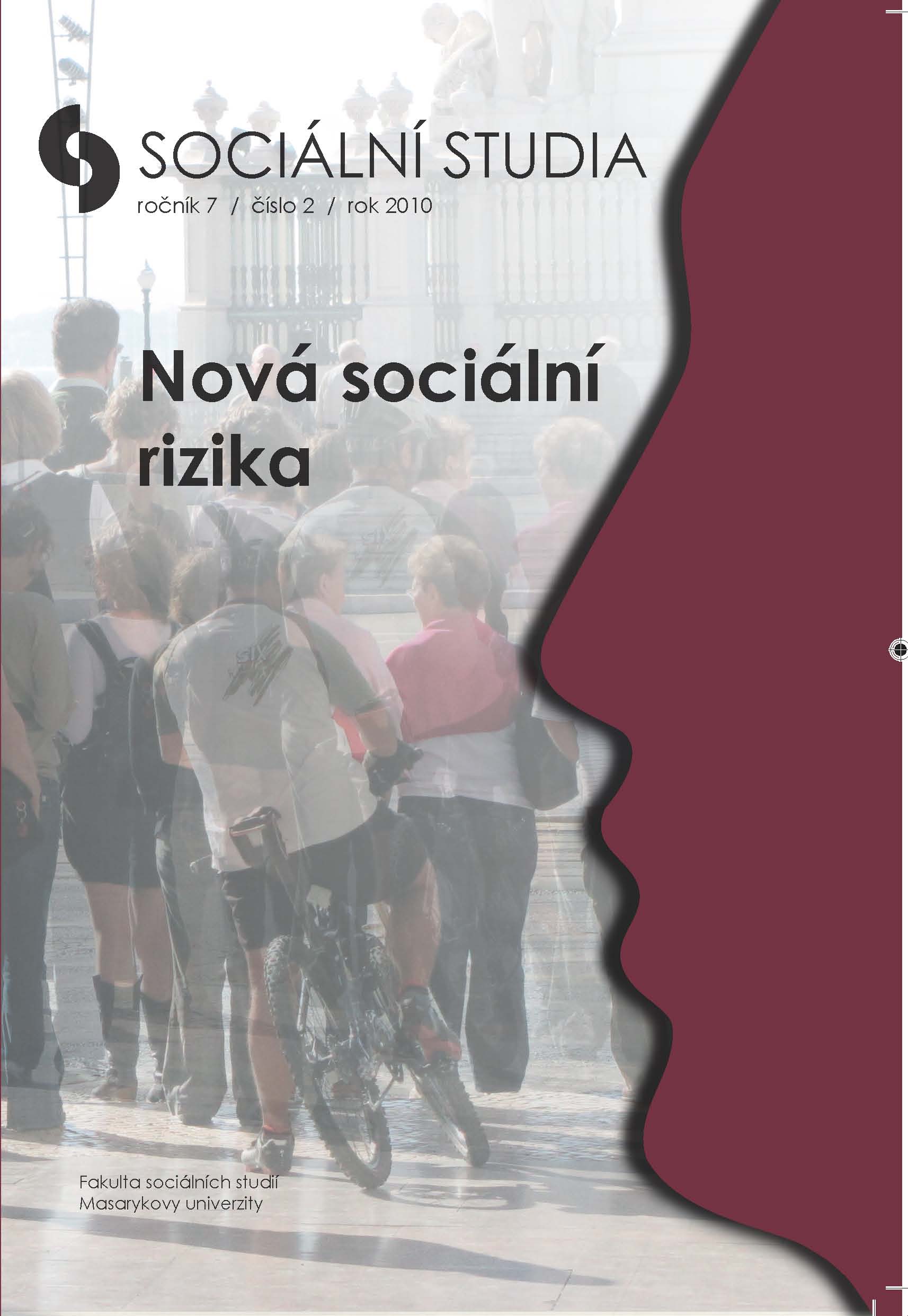Formánková, Lenka. 2010. „Ideály péče v kontextu nových sociálních rizik“. Sociální studia. 7 (2): 69-92. ISSN 1214-813X.
The ability of traditional social policies to protect against poverty and social exclusion is critically discussed in theories about so called new social risks (Taylor-Goodby 2004, Bonoli 2005). These social risks of the postindustrial society are strongly related to the massive entry of women into the labor market. The growth of female employment caused changes not only in the labor market and also in the nature of partner cohabitation and parenthood. Especially the questions who and how should care became important when women, the traditional caregivers, became engaged on the labor market. Effective policy measures can prevent parenting of young children becoming one of the greatest risks of falling into poverty. In this article we discuss to what extent the prevailing ideals of care defined by Monique Kremer (2002) influence the policies targeting parenting as a source of social risks. In the context of the theory we argue, that Czech social policies reproduce the traditional ideal of full-time mother care instead of preventing poverty and social exclusion of families with young children of preschool age.
Authors
- Mgr. et Mgr. Lenka Formánková, Ph.D.
Department
Topics
Gender, Care, Work, Family
